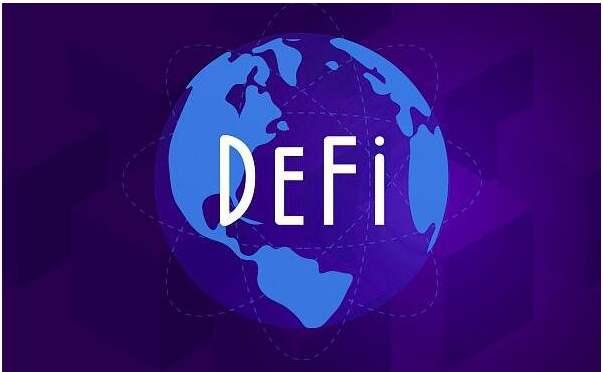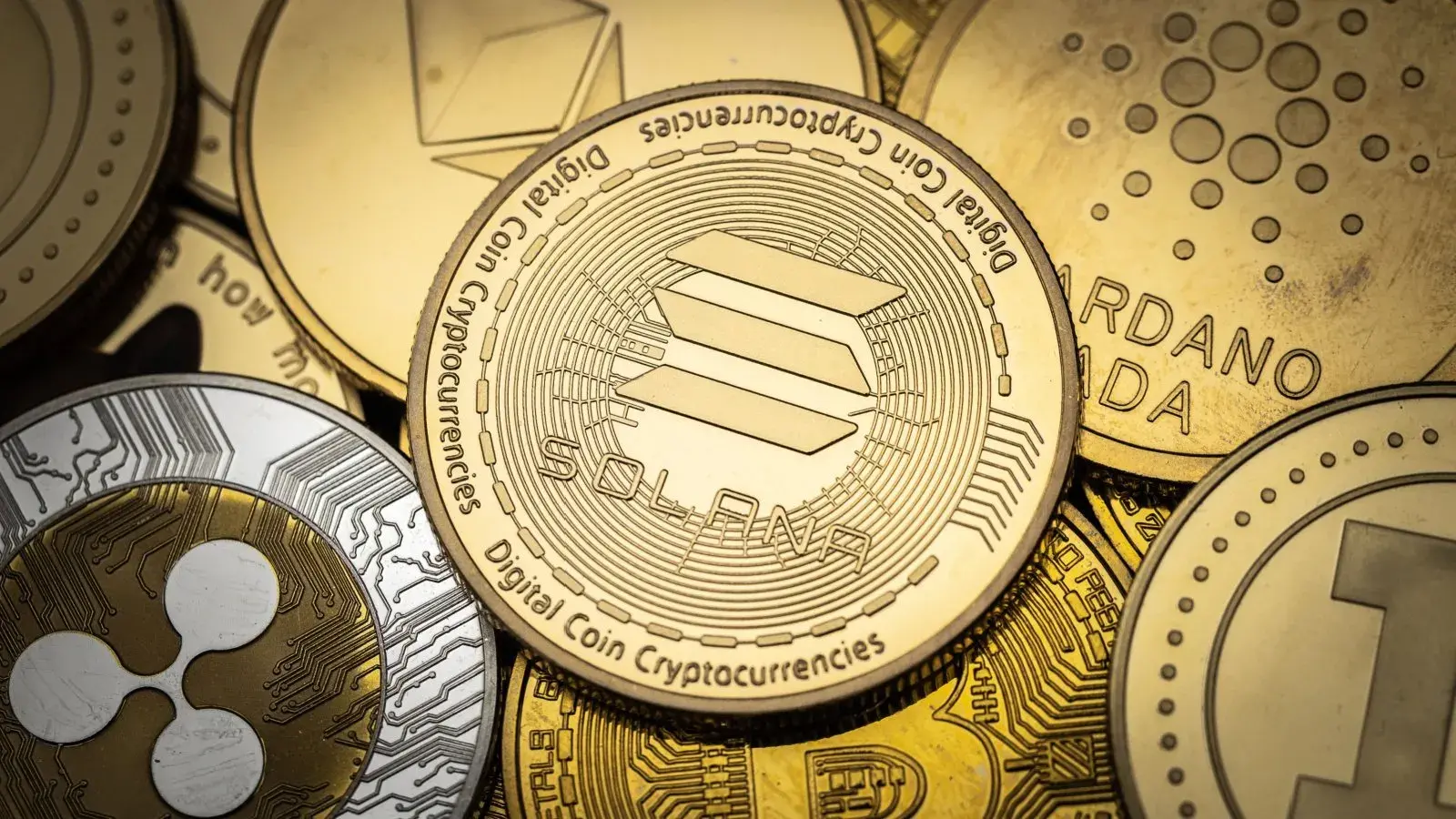Selling V3 trading software and suffering a hacker attack, what game is DeFi derivatives leader dYdX playing?
Author: Grapefruit, ChainCatcher
Editor: Marco, ChainCatcher
On July 24, ChainCatcher reported that dYdX, a leader in decentralized derivatives trading, is planning to sell its dYdX V3 trading software.
However, less than an hour after the news broke, the dYdX V3 website (dydx.exchange) was attacked by hackers, who first took over the site and then implanted links to phishing websites. Users who authorize their information may face the risk of asset or information theft.
Once the news of the planned sale of V3 was exposed, its domain was attacked by hackers, leading the community to speculate whether this was merely a coincidence or a premeditated action.
The sale of dYdX and the security incident triggered a series of chain reactions, with users and investors showing obvious concern. The price of the DYDX token reacted swiftly to the news, dropping from $1.45 to a low of $1.23, a decline of over 15% within the day, and at the time of writing, the price was fluctuating around $1.27.
Why sell V3? Is the dYdX team cashing out? Why did hackers choose this timing to attack? Can DYDX tokens still be held? A series of questions flooded the community chat pages.
Intended Sale of dYdX V3, Unrelated to dYdX Chain
Bloomberg reported that dYdX is negotiating with potential buyers for the sale of its derivative trading software (dYdX V3). It is said that Wintermute Trading and Selini Capital are among the potential buyers, but the specific amount has not been disclosed.
As a leader in the DeFi derivatives space, rumors of dYdX selling V3 have attracted widespread attention from the crypto community. Many community users are more concerned about whether the sale of V3 is just the trading software or if the entire dYdX brand is being sold. Is the dYdX team planning to exit completely? It should be noted that the V4 version, dYdX Chain, launched last year, is managed by the DAO community. What impact will this event have on the overall dYdX ecosystem? What effect will it have on the DYDX token price?
In response to the news of the V3 sale, dYdX's official social media post stated that dYdX Trading is exploring alternative strategies related to V3 technology, which does not include Ethereum smart contracts or other technologies managed by DYDX token holders, and this process is unrelated to dYdX Chain, which is the focus of future development.

It further explained that the dYdX V3 exchange is supported by the trading engine organized by the operating entity dYdX Trading, and all funds and settlements on V3 occur within smart contracts governed by DYDX token holders, while all trading fees on V3 belong to dYdX Trading.
With the launch of V4 dYdX Chain, all dYdX transactions will eventually migrate to this chain, and all transaction fees paid on this chain will belong to validators and DYDX stakers.
It emphasized that the dYdX Chain code is open-source and fully decentralized, aligning more closely with the development philosophy of DeFi products, and future product development will focus on dYdX Chain.
Regarding this statement from dYdX's official account, community user Bobo summarized to ChainCatcher that it seems the rumors of dYdX selling V3 are true, but only the V3 trading software is being sold, which does not significantly impact dYdX Chain. Moreover, dYdX's current main business focus is also on dYdX Chain, and the price of DYDX is directly related to the fee income from dYdX Chain.
User @atg1688 also stated that dYdX is only selling the V3 trading software, which is owned by the organization dYdX Trading, while dYdX Chain is operated by the dYdX Foundation, so the impact is not significant.
Long-anticipated V3 Domain Vulnerability Finally Exploited by Hackers
However, less than an hour after the news of dYdX V3 being up for sale broke, the V3 domain was found to have been attacked by hackers.
On July 24, dYdX officially posted a reminder that the dYdX V3 website domain (dYdX.exchange) has been compromised and advised users not to visit the site or click on any links, although dYdX V4 was not affected.

Hackers successfully exploited vulnerabilities to alter the domain's DNS records, causing users visiting dYdX V3 to be redirected to malicious websites, where they faced phishing attacks, and some users' private keys and assets were likely stolen.
Fortunately, in this hacking incident, only the network domain was targeted, and the underlying smart contracts were not attacked, meaning that user funds on the dYdX platform were not affected. The vulnerability in the dYdX V3 domain has now been fixed, and the website has returned to normal operation. dYdX stated that dYdX Chain, the dydx.trade website, and the V3 protocol were not attacked.
However, community users are dissatisfied with dYdX's handling of the vulnerability.
This is because users had already warned on July 11 that the dYdX domain had vulnerabilities similar to those of protocols like Compound and Celer. After dYdX's official response indicated that no vulnerabilities or security issues had been found, there was no further follow-up, nor were any preventive measures deployed in advance.


As a result, some users view this hacking incident as a warning about dYdX's negligence.
However, the timing of the hackers' attack on the dYdX V3 domain coinciding perfectly with the news of the V3 sale has led community users to suspect whether it was a premeditated act.
Some users expressed that as dYdX V3 was negotiating the sale of the software, it was simultaneously facing a security crisis and handling a potential business transaction, making dYdX's situation quite precarious.
Is dYdX Selling V3 a "Cash-Out" or for Ecological Development?
Compared to the recent security attack, users are more puzzled by dYdX's decision to sell V3. According to dYdX's original plan, with the launch of the V4 version dYdX Chain last year, all transactions would fully transition to V4, and V3 would gradually be phased out. However, dYdX's current handling of V3 is an attempt to sell it.
In the DeFi space, overall project buyouts are rare because most projects use open-source software, meaning others can use, modify, and rebuild it without needing to purchase it.
A DeFi OG player lamented to ChainCatcher that after being in the DeFi industry for so long, they have seen platforms shut down, tokens dumped, and teams run away, but dYdX is the first to directly sell a trading platform.
Although dYdX V3 is an older version product, the platform's trading data remains impressive. According to DeFiLlama data, the V3 platform is expected to generate approximately $18.67 million in revenue this year.
VanEck estimated in a report last March that the V3 platform generated $137 million in fees in 2022.
DeFiance Capital also publicly stated last year that despite dYdX V3 having no new trading pairs or features launched in over a year, its market share still exceeds 50%.
According to DeFiLlama data, dYdX V3 still averages $1.5 billion in derivatives trading volume weekly, while the V4 dYdX Chain has about $5 billion in weekly trading volume.

CoinMarketCap data shows that dYdX V3 still ranks second in trading volume in the decentralized derivatives space.

According to analysis from crypto risk company Gauntlet, the V3 platform remains attractive to traders because certain tokens on the platform have higher liquidity, resulting in less slippage for traders during large transactions.
User Bobo also mentioned to ChainCatcher that they still use the V3 version the most and rarely use V4, as the asset trading volume and liquidity in that version seem low.
From this perspective, dYdX V3 remains a continuous cash cow, and it is reported that the business transaction for the sale of V3 will reach hundreds of millions of dollars.
Since its launch on the Ethereum network in 2017, under the liquidity mining incentive policies during the DeFi Summer, the business has grown rapidly, and dYdX products have undergone numerous significant changes, evolving from the initial V1 to the current V5 version, escaping Ethereum to launch dYdXChain and establishing itself as a leader.
However, dYdX's business development has diverged significantly from the price trend of the DYDX token. The price of DYDX has plummeted from a high of $27 in 2021, repeatedly dropping to around $1.005, and is currently fluctuating around $1.25, a 95% decrease from its peak.
Even though all on-chain transaction fee revenues belong to DYDX token stakers after the launch of V4 dYdX Chain, providing more empowerment, it has had no impact on the token price.
Regarding dYdX's sale of V3, there are two main viewpoints: one negative perspective suggests that the project team is cashing out, while a positive view believes that the funds obtained from this sale will benefit the overall development of dYdX.
Bobo stated that if dYdX invests the proceeds from the sale into the dYdX ecosystem, it would undoubtedly be a good thing.
He explained that as a rapidly growing DeFi company, dYdX needs substantial funds to support its technology development and market expansion. Selling the V3 platform can raise significant funds, helping it focus its efforts and resources to enhance overall competitiveness.
In the long term, selling the V3 platform may also positively impact the value of the DYDX token. By obtaining substantial funds, dYdX can further improve its technology and services, enhance market competitiveness, and thereby increase the long-term value of the DYDX token.
He also reminded that currently, the dYdX official statement regarding the sale of V3 has not clarified whether the funds obtained will be pocketed by the team or used for other purposes.











